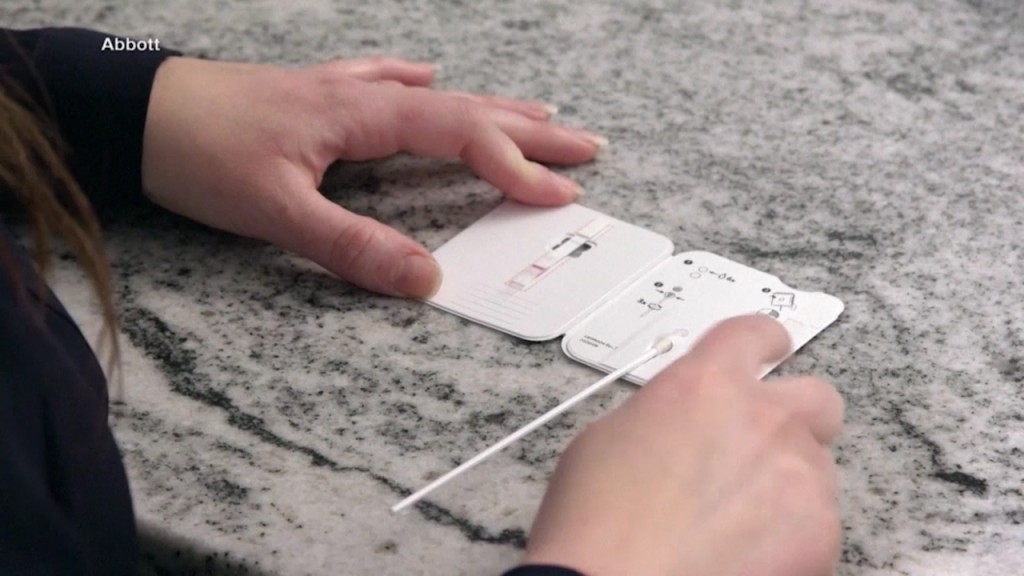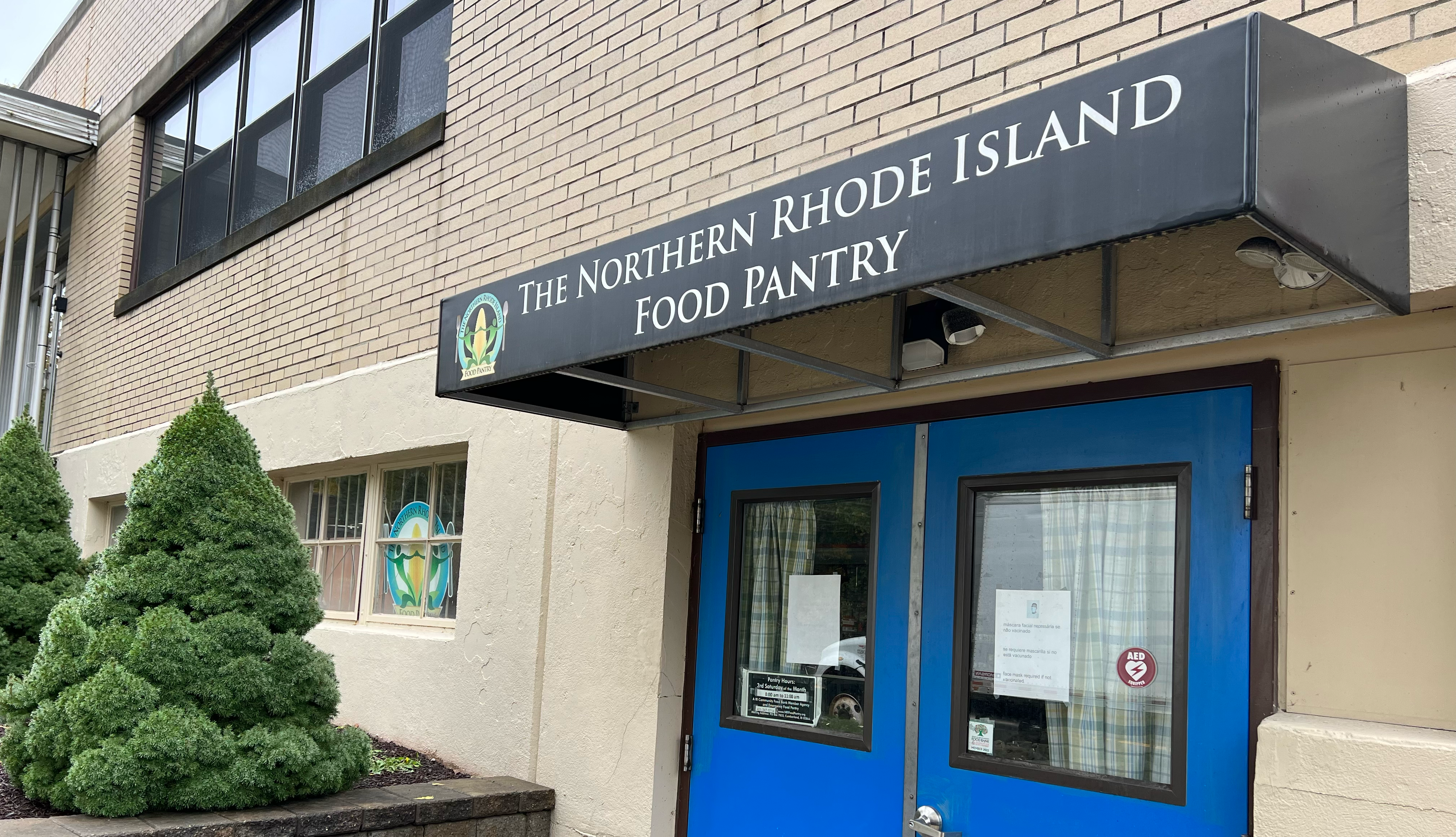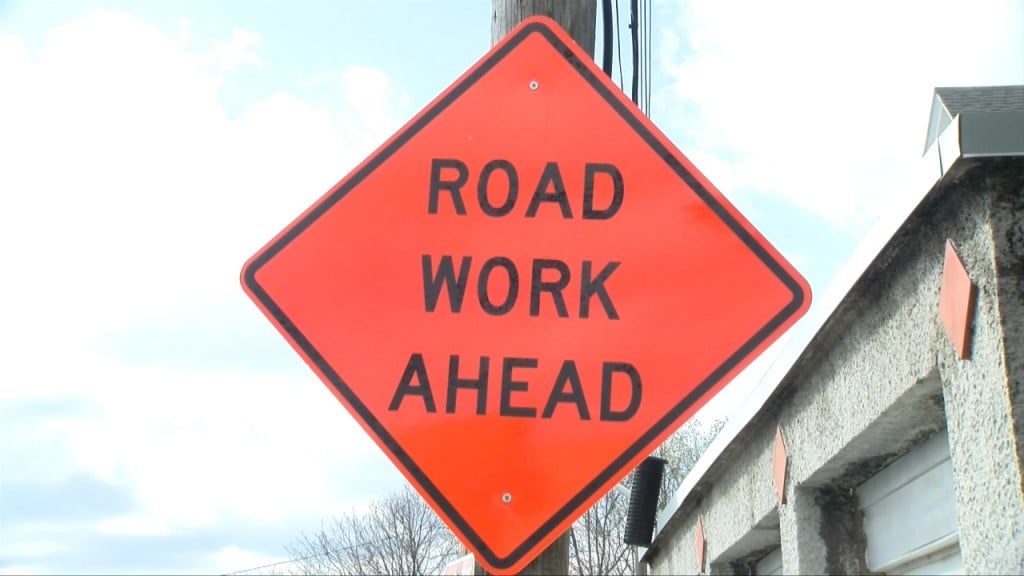Emergency or non-emergency? RIDOH on respiratory illness spike

PROVIDENCE, R.I. (WLNE) — The Rhode Island Department of Health is encouraging people to take prevention measures, as the number of respiratory illness cases rise. However, these necessary actions do not always call for emergency-medical attention.
“As we have seen the last several years, holiday travel, holiday gatherings, and more time indoors all lead to increases in flu and COVID-19 transmission,” Interim Director of Health Utpala Bandy, MD, MPH said Friday. Bandy added, “Now is the time for all of us to take some basic prevention measures to stay healthy. Those prevention measures – such as getting vaccinated and avoiding contact with people who are sick – are critical for anyone who is at greater risk for severe illness.”
RIDOH shares some COVID-19 prevention measures:
- You can get the 2023-2024 COVID-19 vaccine even if you have not received COVID-19 vaccine previously; the age requirement is six months old
- If you are at high risk of getting sick, consider wearing a mask when around others indoors; additionally, consider wearing a mask when indoors if you have been exposed to someone who may have COVID, or if you will be around someone who is at high risk of getting sick
- Get tested for COVID if you have any of the classic symptoms of COVID-19, such as fever or chills, a runny nose, a cough, achiness, or loss of taste or smell
- If you have COVID, CDC’s Isolation Calculator can help you determine how long you should stay home and isolate away from others
- If you have COVID, learn more about doctor-recommended treatments
RIDOH also shares prevention measures for other respiratory illnesses:
- Flu shots are recommended every year for everyone older than six months of age
- If you have a fever but do not have COVID-19, still stay home for at least 24 hours after your fever is gone, without the use of fever-reducing medications
- If you have the flu and are at higher risk for severe illness, talk to your healthcare professional about Tamiflu
- Wash your hands regularly throughout the day using soap for at least 20 seconds
- Use a hand sanitizer with at least 60% alcohol to clean your hands
- Cough or sneeze into your elbow, not your hands
RIDOH highlights the importance of taking prevention measures in order to reduce someone’s chance of experiencing Long COVID. RIDOH shares that long COVID can develop during or after acute infection and last for a long time.
The Department of Health also shares that hospital emergency departments should be designated for emergencies only. RIDOH is advising those who are sick, including children, to seek treatment by a primary care provider or urgent care.
Non-emergencies include (but are not limited to): back pain, sprains, minor cuts, colds, sore throat, low-grade fevers, and most cases of the stomach flu.



